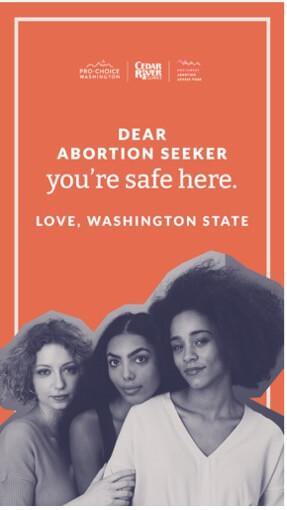Abortion is legal and protected in Washington state. In Washington state, abortions have been legal since 1970, and that has not changed even after the U.S. Supreme Court overturned Roe v. Wade.
Washington State Department of Health
Our Abortion Access Guide is a comprehensive resource for anyone who wants to learn more about abortion care and access in Washington.
The guide includes information about where you can get an abortion, the typical timeline for abortion, types of abortion, how much it can cost and how you can pay for your care, and what to know about your legal rights as a patient. The guide also includes real-life inspired patient stories that can help you get access to information and links if you find yourself in a similar situation.
The following webpages in English and Spanish are from the Washington State Department of Health.
Topics include the different kinds of abortion, how to find an abortion provider, how to keep information about an abortion private, options for financial assistance, and legal protections for patients under state law. There is also information on how to access other sexual and reproductive health services including emergency contraception.

Abortion Rights in Washington State Fact Sheets (PDF):
English
Español – Spanish
Русский – Russian
Tagalog
Українська – Ukrainian
Tiếng Việt – Vietnamese
It is essential that everyone in Washington, and across the country, knows that abortion is still legal and available in Washington state. Many statewide organizations are collectively working to make Washington the most compassionate state for abortion care today and for generations to come.
Learn more about abortion access in Washington state
- Access Abortion Care: A comprehensive resource center on where and how to access abortion care in Washington state.
- Ask Questions about Your Rights: A free, confidential helpline where you can get legal information or advice about self-managed abortion, young people’s access to abortion or judicial bypass, and referrals to local resources
- Learn How to Speak About Abortion: A critical resource for anyone who wants to learn how to have meaningful conversations to help end abortion stigma
Learn about Washington’s 2023 Shield Law for Providers, Patients, and Helpers
Washington State Office of the Attorney General published detailed guidance on the 2023 Shield Law and what it protects. Below is an excerpt from their site.
“Washington’s Shield Law, enacted in 2023, protects people in Washington from civil and criminal actions in other states that restrict or criminalize reproductive and gender-affirming care (“ban states”). The Shield Law (HB 1469) passed the Washington State Legislature on April 10, 2023, and was signed into law by Governor Jay Inslee on April 27, 2023. Washington Shield Law, 2023 Wash. Laws 193.
In general, when a civil or criminal investigation or court proceeding is initiated under a ban state’s anti-abortion or anti-trans law, based on reproductive or gender-affirming care that is lawful in Washington, Washington’s Shield Law:
- Prohibits Washington law enforcement from arresting people, with or without a warrant, for violating the ban state’s law
- Prohibits Washington state and local agencies and law enforcement from providing information to or cooperating with the ban state
- Prohibits Washington-based companies and other private entities from complying with subpoenas or providing information to the ban state
- Prohibits the Governor from extraditing non-fugitives to the ban state
- Prohibits Washington courts from ordering wiretaps and issuing arrest warrants, and requires them to quash subpoenas
- Protects people in Washington against criminal process and subpoenas for their testimony or documents
- Prohibits Washington courts from applying the ban state’s law in civil or criminal cases in Washington
- Protects health care providers from threats and harassment by making them, and their family members, eligible for Washington’s Address Confidentiality Program
The Shield Law also creates a cause of action for interference with protected health care services, which protects against lawsuits filed in other states related to reproductive or gender-affirming care that is lawful in Washington. Those harmed by such out-of-state lawsuits can file a counter-suit in Washington for damages and recover their costs and attorneys’ fees.”
Learn About Washington’s My Health My Data Act (HB 1155)
From the Washington State Office of the Attorney General:
The My Health My Data Act is the first privacy-focused law in the country to protect personal health data that falls outside the ambit of the Health Insurance Portability and Accountability Act, or HIPAA. The Act was developed to protect a consumer’s sensitive health data from being collected and shared without that consumer’s consent. Washington’s concern for the urgent need to enhance privacy protections for health data is widely shared: 76% of Washingtonians express support for the My Health My Data Act.
Under the law, regulated entities must follow specific requirements about how and when they may collect and share personal health data.
